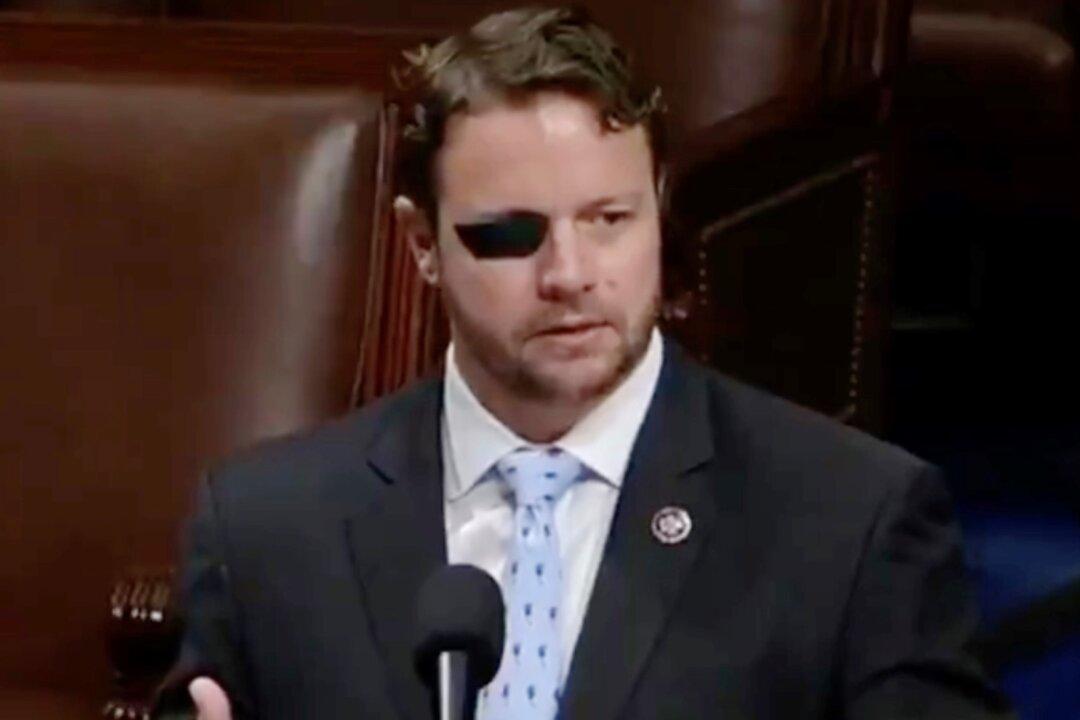House Democrats were joined by 23 Republicans on July 21 in approving legislation that will regulate a widespread, persistent, and toxic chemical linked with various health problems.
Opponents argue the bill represents a de facto ban on a chemical needed to make bulletproof vests, surgical instruments, semiconductor chips, and a variety of other products.





